6 Tips and Methods Of Money Management Trading
By Jordan Blake
January 10, 2024 • Fact checked by Dumb Little Man
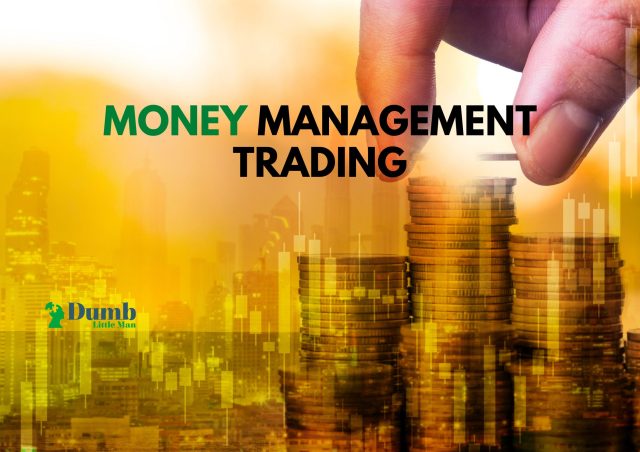
Want to jump straight to the answer? The best forex broker for traders is Avatrade
The #1 Forex Trading Course is Asia Forex Mentor
Money management is crucial to successful forex trading. Without adequate risk and money management strategies, trading would not be all that different from casino gambling. The world of forex trading is quite fascinating. It's a deal that might earn you a fortune or, if done incorrectly, may leave you penniless.
If a trader disregards even the most fundamental principles of money management, even the most profitable trading technique won't result in successful trading. We've compiled the top 6 Forex money management suggestions that every trader should know to aid you in your trading endeavors and demonstrate how crucial Forex capital administration may be.
As you read in this article, Ezekiel Chew, the number one expert forex trainer, will share his take on money management in trading.
What is Money Management Trading

Money management refers to a group of methods used to reduce losses, increase gains, and expand your trading account. The set of techniques you use as a trader to minimize risk and maximize profit is referred to as money management. It covers everything, including choosing how much to risk on each trade and what to do with your winnings.
Many market newcomers tend to downplay the significance of money management in Forex trading, which sooner or later results in the complete wipeout of their trading account sooner or later. Before making your next trade on the market, you should thoroughly comprehend the money management guidelines. You'll quickly see a difference in your trading performance.
Many forex traders frequently mix up risk management and money management. One technique used by successful traders to manage their capital and trading hazards is risk management. Risk management entails developing a strategy for handling or averting anticipated risks to prevent losses.
6 Tips and Methods of Money Management Trading
1. Only Trade With What You Are Willing To Lose
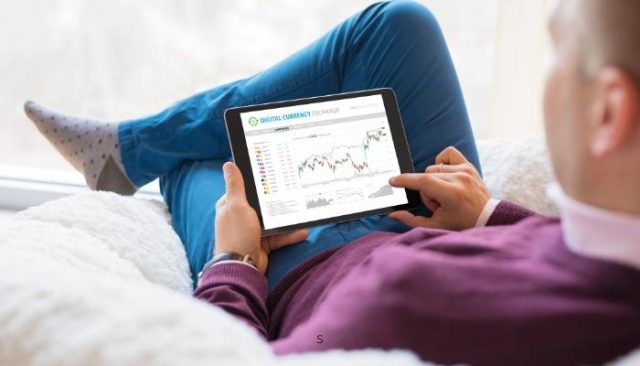
This is a crucial rule of financial management. Never put more money into your trading account than you are willing to lose. People have borrowed money in the past, used their life savings, or even mortgaged their homes to get cash for forex trading. While some have achieved success, most still struggle to make ends meet.
When trading, it is possible to blow your account and lose all your trading capital. Even experienced traders lose money occasionally. Therefore, be sure you deposit a sum that you are willing to lose.
2. Evaluate Your Risk Per Trade

Every trader out there must assess and define their risk with every trade. It entails figuring out how you trade and setting a specific amount you are willing to risk on each trade. Note that this is distinct from determining your risk-reward ratio.
Many traders employ position sizing to assess their risk per trade. Then what exactly is position sizing? Position sizing entails choosing whether to trade with micro, mini, or standard lot sizes. Your account balance is what mostly determines this.
The position size to be employed increases as your account size does. Smaller lots should be used if you are a beginning trader, regardless of account size. Most traders advise that you only risk 2% of your account amount for each deal.
For instance, let's say you've got a $10,000 account. 200 dollars would be equal to 2% of $10,000. This indicates that you are prepared to lose $200 on the same trade. To make this a reality, you would need to trade with a lot size of 0.1 to make this a reality.
Typically, one pip is equal to $10 for currency pairs with the USD as the quote currency, such as EUR/USD. If the market moves against you for 20 pip, you must set a stop-loss order to maintain the 2 percent guideline. This guarantees that the transaction closes automatically at a loss of $200.
Aggressive traders, however, do not practice this type of trading. They contend that if your trading strategy is effective and is generating consistent gains for you, why not take advantage of opportunities as they present themselves.
Although this is a convincing argument, trading in this manner is dangerous. Risking too much of your account, say 10% to 20% per trade, would likely result in your business closing down sooner rather than later. Limiting your risk exposure will help you build your portfolio over time and enhance your trading success. This is because you won't sustain any substantial losses.
3. Evaluating Your Risk To Reward Ratio
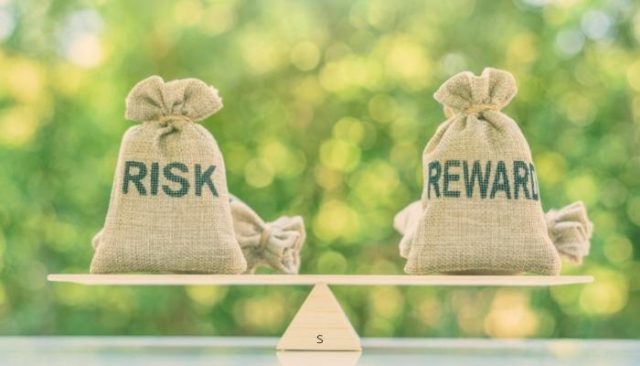
In forex trading, the term “risk to reward ratio” refers to a fixed risk ratio to potential reward for a particular trade. The risk-to-reward concept's primary objective is to maximize gain while limiting loss. You must know when to trade to maintain a healthy risk-to-reward ratio.
If your target profit is four times greater than your anticipated loss, your risk-to-reward ratio is 4:1. You must set your stop-loss order after 10 pip and your take-profit order after 40 pip to reach this ratio. You must win at least four out of every five trades to break even with this ratio.
In this manner, you can reduce your losses if the trade doesn't work out as expected. Your trading ratio might range from 2:1 to 10:1, depending on your style and experience. Be aware that the greater the risk-reward ratio, the more money a trader stands to gain if the market moves in your expected direction.
4. Using Stops And Limits

Stops and limits' primary function is to initiate or terminate a trade. In forex trading, there are many different kinds of stops and limits, but when we talk about money management, we'll focus on:
STOP-LOSS ORDERS
When the maximum loss a trader is willing to accept is reached, a stop-loss order kicks in and closes the trade. Risk-to-reward ratios and stop-loss orders go hand in hand. This is because the risk-to-reward ratio determines the allowable loss level.
Stop-loss orders are an excellent tool for overcoming the natural inclination to keep holding onto a lost transaction in the hopes that the market will flip around and turn your losses into gains. Without a stop loss, traders risk losing their entire account with only one erratic market move.
TRAILING STOPS
An alternative to a standard stop order, a trailing stop can be established at a specific distance in dollars or percentages from the price at which a security is currently trading. Investors that are long a position set a trailing stop loss below the current market price. Investors in short positions put the trailing stop above the current market price.
A trailing stop protects profits by allowing a transaction to remain open and generate profits as long as the trade moves in the predicted direction. The order closes the trade if the price shifts by a specific percentage or dollar amount.
5. Take Away Your Profits

You should withdraw your money once you've made a profit. This is because taking unnecessary risks in pursuit of a large payout seems more alluring with more money in your trading account. You may control your emotions by taking away your profits.
Taking your profits is essential to managing your money, whether you are just beginning your trading career or are an industry veteran. We have witnessed examples in the past where formerly profitable traders went bankrupt while attempting to increase their profits. This is primarily the result of passion or greed.
6. Avoid Emotional Trading

Since trading forex entails significant financial risk, it's common for traders to become too enamored with the market. There is always the desire to place more trades to generate money, particularly when you lose it. Revenge trading is the term for this.
Trading in retaliation is a surefire method to lose more cash. This is because you are currently making trades without conducting adequate analysis. Most of the time, your confluences are not even reached, but you continue to open positions.
Once you discover you are losing trades, it is advisable to shut down any open positions. Keep in mind that the market will always be there, and the following day, you may always recover when you are in a better trading position.
Why is Money Management Important
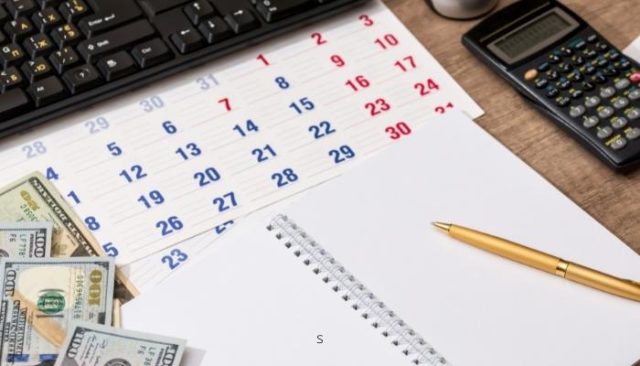
For several reasons, traders need to practice good money management rules. Financial markets are, first and foremost, risky and alluring. Without a doubt, approaching them without a strategy would only lead to disaster.
You may develop a trading strategy that will position you for success by using a variety of money management approaches.
If you can manage your funds, you are already more successful than most traders. Making a profit with your capital is the other half of the game; managing your capital is half. Many traders lose their money before they have any real trading experience.
Trading in the financial markets requires careful money management, especially when the market is volatile. It is a defensive idea that supports successful performance and keeps you with enough money to trade tomorrow. Using a prudent money management strategy assures that the trader will be able to trade again no matter what happens because anything may happen at any time in the markets.
There are many choices concerning all sorts of trading, the most crucial of which is the total sum of money that will be invested in each trade.
Best Forex Trading Course
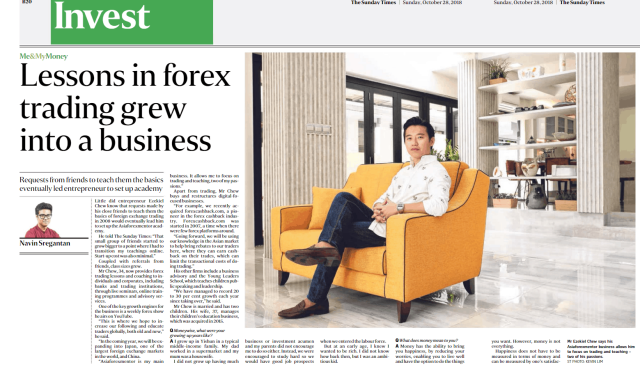
Asia Forex Mentor offers the most incredible forex trading education in Asia. According to its design, you can earn money while taking the course. With the assistance of a seasoned trader, you can trade forex and turn a profit.
Numerous individuals from the United States, the United Kingdom, Hong Kong, India, Indonesia, Japan, Malaysia, Vietnam, and other nations have received training in Singapore and other locations worldwide.
They have guided corporate entities, financial institutions, and individual students in forex exchange and investment, such as the DBP, the second-largest state-owned bank in the Philippines with over $13 billion in assets.
The course is reasonably priced and has a money-back guarantee. You can start the course by registering for a free trial, after which you choose whether or not to continue.
Are you serious about becoming a successful trader and searching for the perfect mentorship? Then, enrolling in their mentorship program will help you master the trade, thanks to their unbeatable trading tactics. For more details on how to sign up and get started, visit their website.
| RECOMMENDED TRADING COURSE | REVIEW | VISIT |
|---|---|---|
 | #1 Forex, Crypto and Stocks trading course. Ranked most comprehensive by Investopedia and Best by Benzinga. Free to Try! |  |
Best Forex Brokers
| Broker | Best For | More Details |
|---|---|---|
 |
| securely through Avatrade website |
Conclusion: Money Management Trading
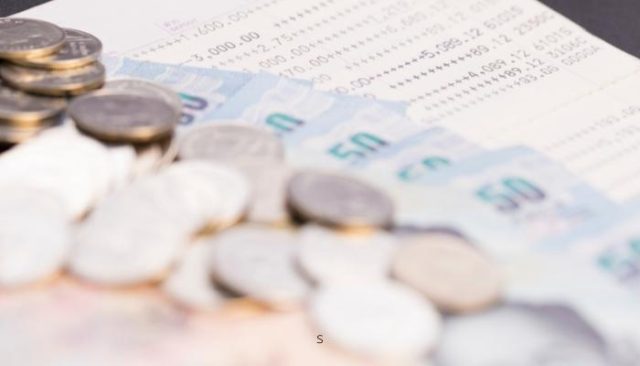
When it comes to profitable forex trading, money management is one of the most significant issues.
According to a well-known proverb, “a good trader will make money with a terrible strategy, and a bad trader will lose money with a good strategy.” This is valid due to proper money management implementation. Poor money management makes it impossible to generate continuous earnings.
If applied correctly, the tips and techniques mentioned above will assist you in managing your trading funds. So go ahead and use them in your trading to improve your outcomes.
Before you begin day trading with a real account, you can always use a demo account to hone and perfect your skills if you are just beginning your trading career. These will prevent you from losing money and make it easier to comprehend money management techniques.
Money Management Trading FAQs
What is effective money management?
Simply put, efficient money management for forex traders is a set of strict, self-imposed guidelines. Minimizing losses, maximizing profits, and increasing the size of their trading accounts are necessary.
In the context of forex trading, effective money management would relate to a circumstance in which a trader has been able to use the techniques mentioned above to become a successful trader. You can increase your trading account by practicing wise money management.
How do you handle losses while trading?
Trading involves losses. A better way of thinking needs to be acquired to lessen the stress and psychological agony that come with losses. Trading is a business; all businesses must deduct expenses from revenues to profit. Consider losses as a cost of doing business.
The finest traders take lessons from their mistakes and use that knowledge to become “wiser” the next time a similar situation arises. This is how setbacks turn into opportunities to learn and advance your skill set. Not every loss is the same. There are positive and negative losses. This distinction is based on the circumstances surrounding the loss rather than the dollar amount.
Good losses are those that are accepted on schedule following your trading plan. In other words, you took thoughtful action by placing the stop-loss while the transaction wasn't going as planned because you had already foreseen what might go right and what could go wrong with the trade. This is a successful loss because you anticipated it and responded to it.
You take bad losses from panicking, straying from your trading plan, or not having one. This can be the outcome of an impulsive trade motivated by FOMO. Impulsively entering a deal, enduring initial setbacks until the agony became intolerable, and then pulling out in a panic. Sounds recognizable? Everyone experiences it at some point. Everyone suffers setbacks.
Jordan Blake
Jordan Blake is a cultural commentator and trending news writer with a flair for connecting viral moments to the bigger social picture. With a background in journalism and media studies, Jordan writes timely, thought-provoking content on everything from internet challenges and influencer scandals to viral activism and Gen Z trends. His tone is witty, observant, and sharp—cutting through the noise to bring readers the “why” behind the “what.” Jordan’s stories often go deeper than headlines, drawing links to pop culture, identity, and digital behavior. He’s contributed to online media hubs and social commentary blogs and occasionally moderates online panels on media literacy. When he’s not chasing the next big trend, Jordan is probably making memes or deep-diving into Reddit threads. He believes today’s trends are tomorrow’s cultural history—and loves helping readers make sense of it all.













